
A New “Alternative” History: Ben Winters’s Underground Airlines
Because most are poorly-plotted, barely-disguised apologies for the Lost Cause, many historians have a low tolerance for “alternative histories” of the Civil War. Whether in the form of Confederate memorials like Silent Sam or Harry Turtledove novels, folks love to fantasize about what the United States would have been like if ...
Read More
Read More
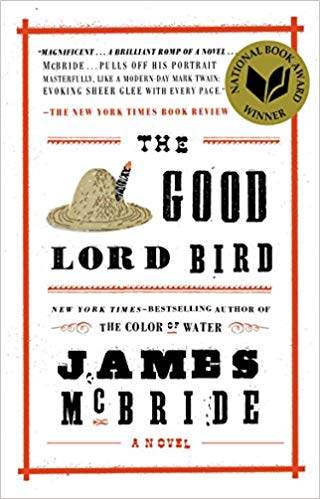
James McBride’s Reimagining of John Brown and His Legacy
Below you will find the third review in our Civil War fiction roundtable, from Hilary Green, an associate professor at the University of Alabama. Previous and subsequent reviews in the series are available by following the links in the guest editor's introduction. The controversial figure of John Brown--and his connections ...
Read More
Read More
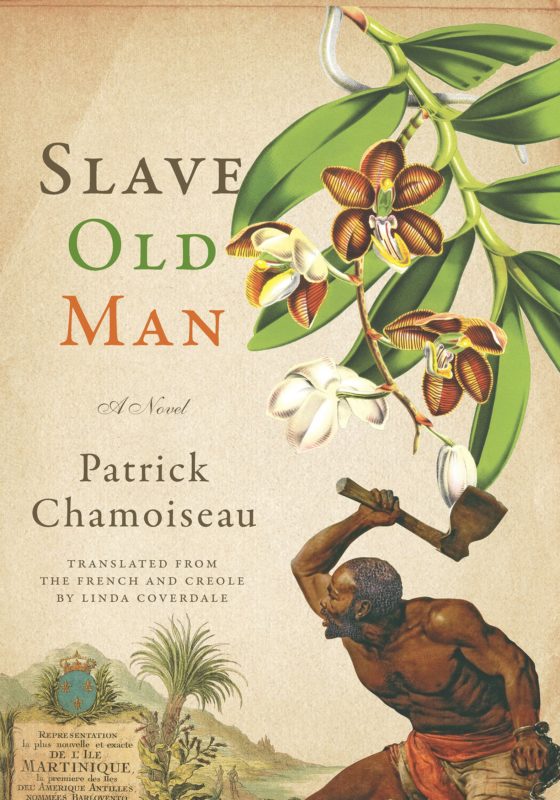
Slavery and the Historical Imagination: A Review of Patrick Chamoiseau’s Slave Old Man
Today's contribution to our fiction roundtable comes from Timothy J. Williams, assistant professor of history at the University of Oregon. You can read previous and subsequent entries by using the links here. In 1997, Patrick Chamoiseau, author of a dozen works about his native home of Martinique, published Slave Old Man ...
Read More
Read More

Confederate Widow Confidential: Varina Tells (Almost!) All
Today we share the first post in our roundtable on recent Civil War fiction. The guest editor's introduction, by Sarah E. Gardner, includes links to all the posts and can be found here. The cover of Charles Frazier’s Varina: A Novel identifies its author as the “bestselling author of Cold ...
Read More
Read More
Fiction Fights the Civil War
This week, Muster begins a series on recent fiction about slavery and the Civil War. Interest in how the war is represented in popular literature remains unabated because the legacies of slavery and the war endure, a point emphasized by Carole Emberton in her roundtable review of Underground Airlines. Who ...
Read More
Read More
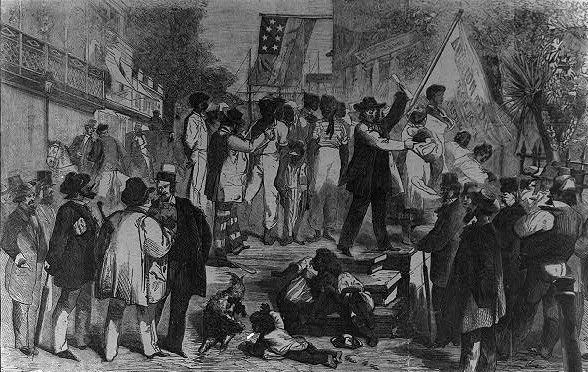
“The Most Potent Money Power”: Slave Traders, Dark Money, and Elections
With the 2018 midterm elections approaching, the role of money in politics once again looms large in American political discourse. For many, shadowy super PACs, mega-donors, and dark money stand in stark contrast to the sanctity of the individual voter. Political actors recognize and deploy this, with politicians going to ...
Read More
Read More
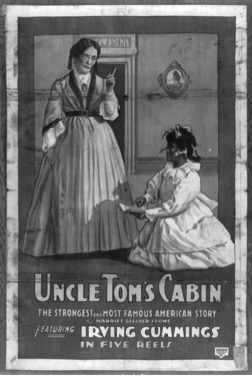
Utilizing Film in Our Courses on Slavery and the Enslaved
Teaching the history of slavery in the United States well, like teaching any complex topic mired in historical mythologies and mixed public interests, is a daunting task. Pedagogical approaches to slavery have to face off against centuries of public misconceptions and avoidance. I constantly try to engage and inform students ...
Read More
Read More
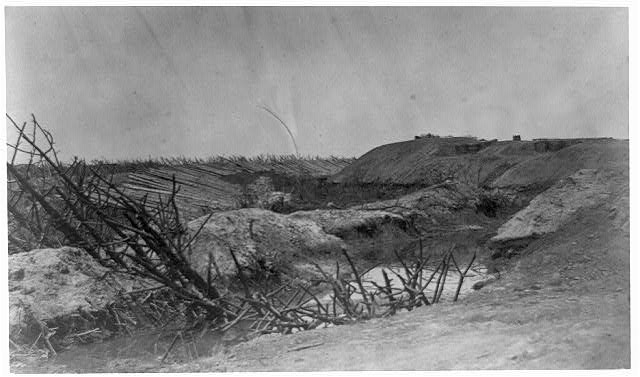
“Better men were never better led”: October 1864 and the Crisis in the Union Armies at Petersburg
In early October 1864, Gen. U. S. Grant planned a trip to Washington. He believed that 30,000 to 40,000 troops were gathered in “depots all over the North” and wanted to "see if I cannot devise means of getting [them] promptly into the field.” Although he canceled the trip, his ...
Read More
Read More
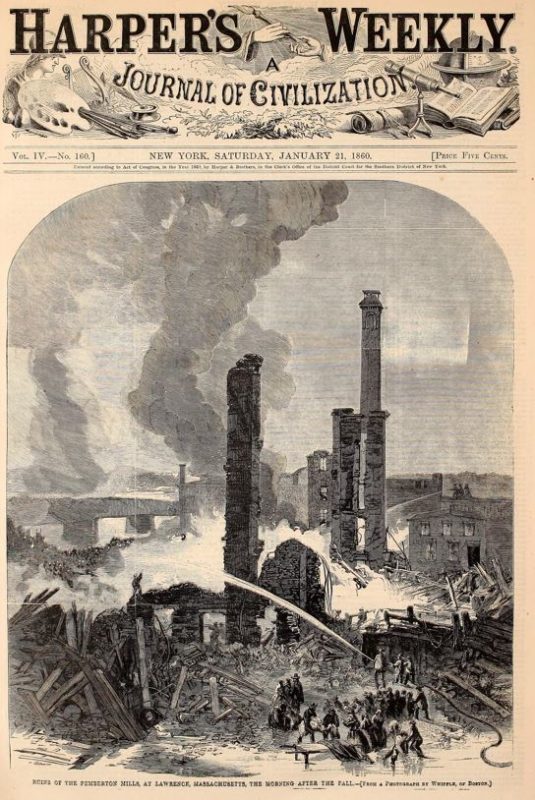
The Other Lawrence Massacre: Sectional Politics and the 1860 Pemberton Mill Disaster
Political polarization often magnifies the public significance of a tragedy. As Americans prepared for a bitterly contested presidential election in early 1860, a gruesome industrial accident in Lawrence, Massachusetts, reignited conflict between champions and critics of wage labor. Unlike the violent episodes of 1856 and 1863 in Lawrence, Kansas, the ...
Read More
Read More
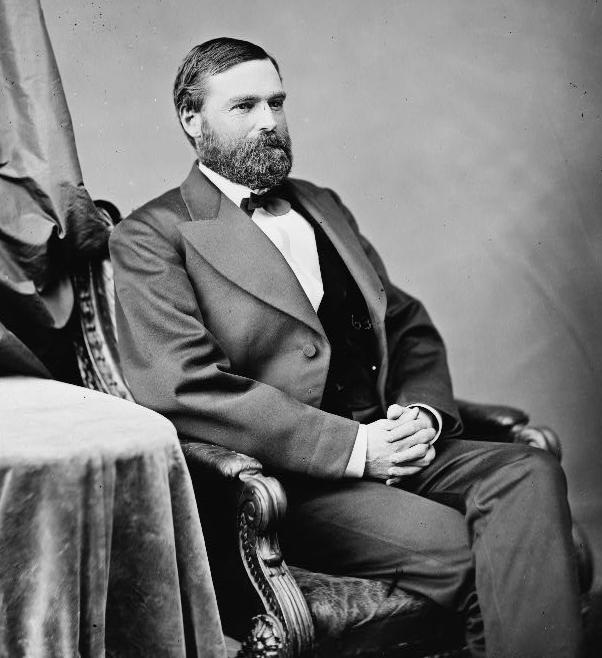
Congressman Charles Hays and the Civil Rights Act of 1875
The Thirteenth, Fourteenth, and Fifteenth Amendments of the U.S. Constitution dramatically transformed American society during the Reconstruction era. The amendments abolished slavery, established the concepts of birthright citizenship and equal protection of the laws, and granted all men the right to vote, regardless of color. For most members of the ...
Read More
Read More

What the Name “Civil War” Tells Us–and Why It Matters
What do Americans call the conflict that tore their nation apart from 1861 to 1865? And what difference does it make what name they use? Today most call it the Civil War, but as I discuss in my recent article in the September issue of the journal, Americans have not ...
Read More
Read More
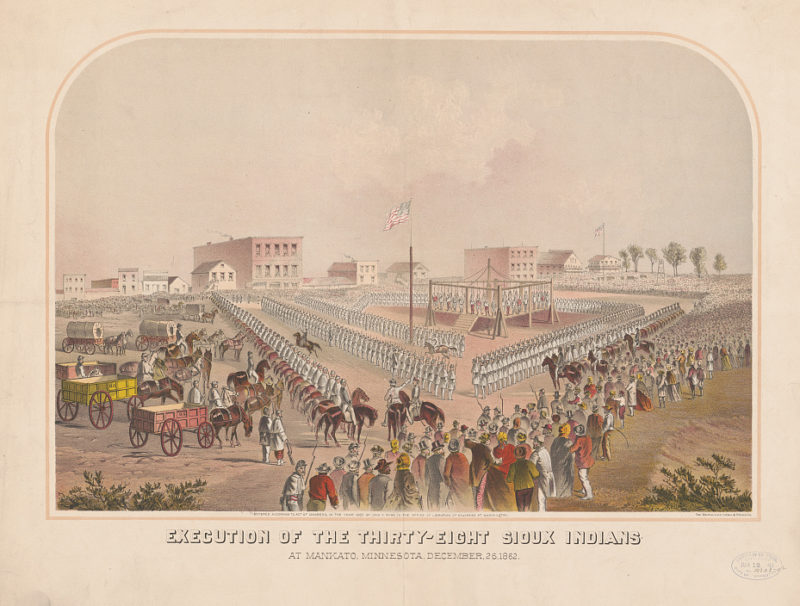
Bringing Peace after Destruction: Civil War Era Monuments and the Memory of the U.S.-Dakota War of 1862
As the fall semester loomed at the University of North Carolina at Chapel Hill, protesters ignited a movement to remove “Silent Sam,” an infamous memorial dedicated by the United Daughters of the Confederacy in 1913. The monument honored students who served in the Confederate armed forces during the Civil War ...
Read More
Read More
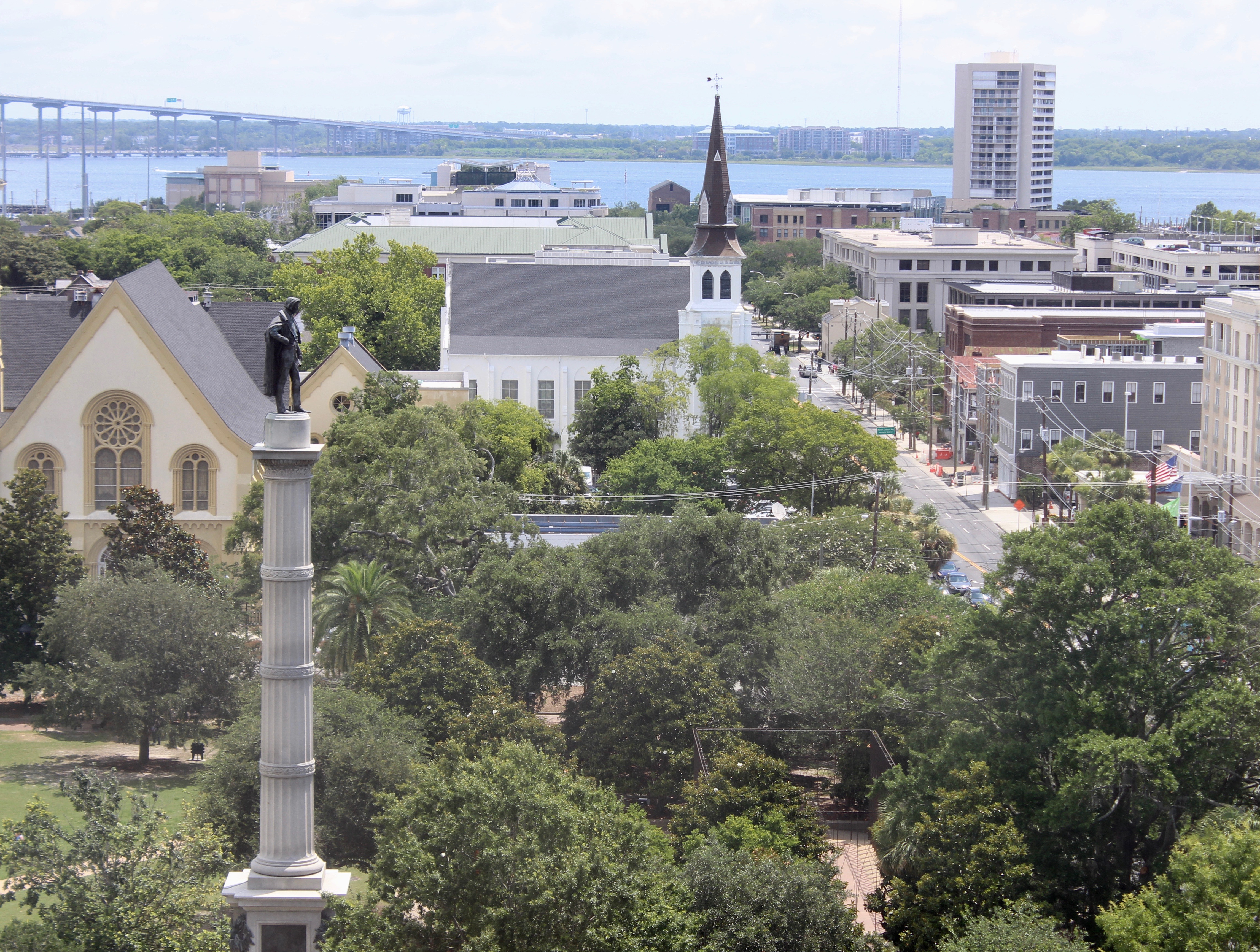
Summering with Confederate Statues
Our family just returned to California after spending much of the summer driving around the South promoting our new book, Denmark Vesey’s Garden: Slavery and Memory in the Cradle of the Confederacy. We logged about 1,700 miles in the car, visiting thirteen towns and cities in six southern states. We ...
Read More
Read More
Editor’s Note: September 2018 Issue
The September issue of The Journal of the Civil War Era will soon be arriving in your mailboxes. For a preview of the excellent work within its pages, see our editor's note reprinted below. This volume combines exciting new work in the military history of the Civil War with essays ...
Read More
Read More
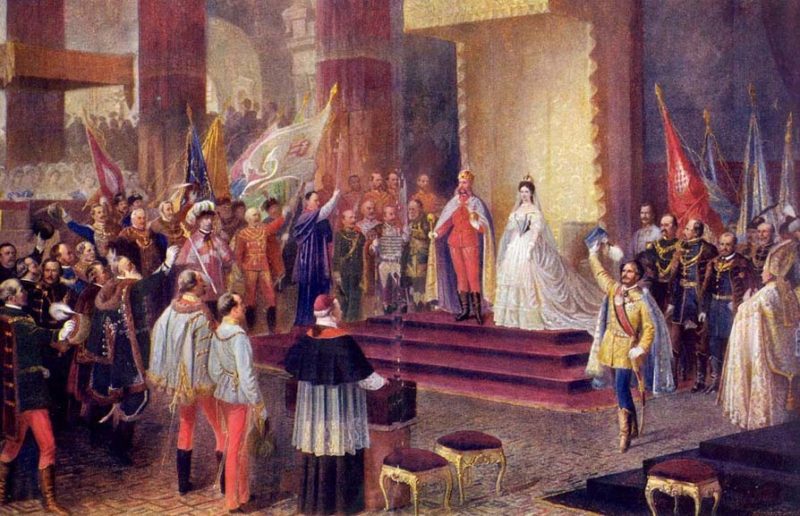
Comparing Home Rule in Hungary and the U.S. South
Home rule, defined as the gaining of political autonomy, is usually associated with the struggle for autonomy in Ireland. Twice defeated, the Irish Republic claimed its independence before home rule took effect.[1] While the British debated home rule in 1886 and 1893, the U.S. South was working toward its own ...
Read More
Read More
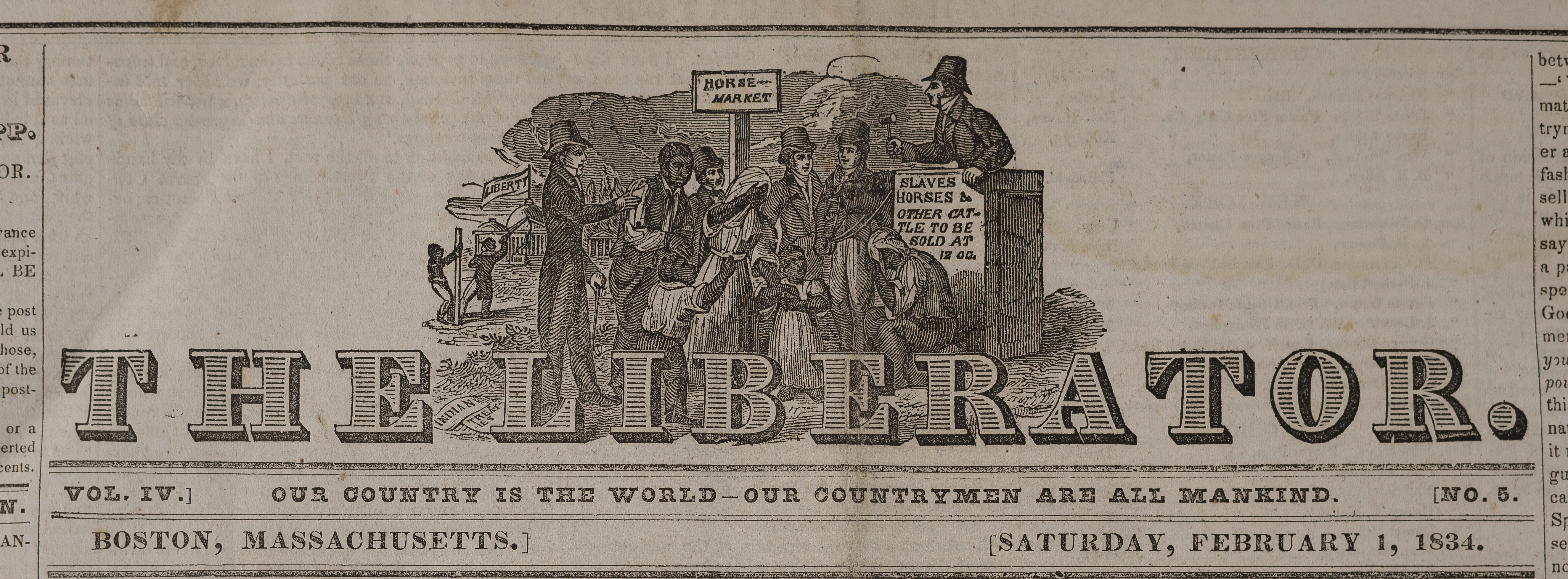
Teaching the Intersection of Abolitionism and Indian Rights
Though abolitionists advocated for both the slave’s cause and the Indian’s cause before the Civil War, their concern for Native American rights is not well understood. This is partly due to the fact that while scholars recognize abolitionist opposition to Indian removal, abolitionist support for Indian rights is seen as ...
Read More
Read More